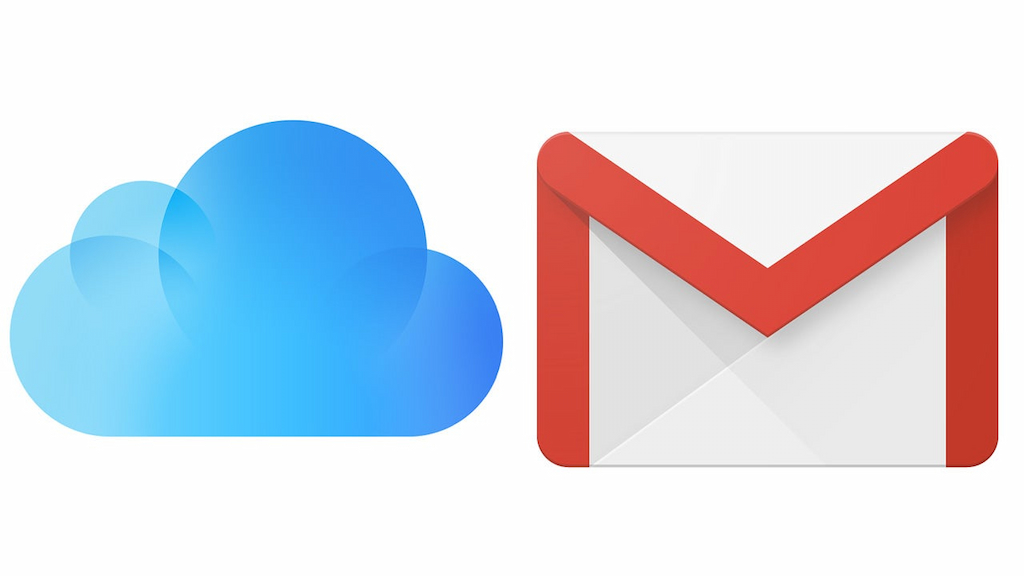Along with his prison sentence, Edward J. Majerczyk has been ordered to pay monetary restitutions to an unnamed victim.
CHICAGO — A federal judge railed against anonymous “intrusion into the affairs of people’s private lives” as he handed a Chicago man a nine-month prison sentence Tuesday for his role in a Hollywood hacking scandal that exposed nude photographs of dozens of A-list celebrities, reports CBS Chicago.
Edward J. Majerczyk, 29, admitted last fall that he hacked into the Apple iCloud and Gmail accounts of more than 300 people, including at least 30 celebrities. In addition to his prison sentence, the judge ordered him to pay $5,700 to an unnamed victim of the hack who had spent $11,400 on counseling.
Assistant U.S. Attorney Rajnath Laud suggested Majerczyk pay half of that victim’s bill because there is no evidence that Majerczyk, the son of two retired Chicago cops, put the victims’ photographs online. But Laud said Majerczyk, a man described by his attorney as “a very private individual,” still invaded the privacy of many people, including people he knew.
Prosecutors promised to recommend the nine-month sentence when they struck a plea deal with Majerczyk last year. Among the victims of the September 2014 hack —dubbed “Celebgate”— were Jennifer Lawrence, Mary Elizabeth Winstead, Kate Upton and Justin Verlander.
Only two victims sought restitution in Majerczyk’s case. In addition to counseling costs, one victim reported lost wages, and both sought to recover the cost of removing images from the Internet. Neither victim was identified in court.
U.S. District Judge Charles Kocoras called Majerczyk’s conduct “abhorrent” and repeatedly described the “horror” his victims must have felt when they realized their private information had been exposed, even if only to Majerczyk. The judge cited the book “Brave New World,” but said “we’re living in a world that is not so brave.”
Majerczyk, a father who had worked as a customer service representative for Commonwealth Edison and now lives with his mother, apologized to the judge and his family before Kocoras handed down the sentence. The feds first raided his home in October 2014, and he told the judge authorities have treated him with the “utmost decency and respect.”
“I promise to prove myself worthy of that respect,” Majerczyk told the judge.
WATCH: Jennifer Lawrence Calls Nude Photo Hacking a 'Sex Crime'
Thomas Needham, Majerczyk’s attorney, said his client immediately told agents what he had done when they raided his home. He also said Majerczyk spent at least an hour at the FBI building in Chicago last March answering questions about the hack. Federal authorities from California joined the conversation over a secure video link.
Last year, Majerczyk told Kocoras that he used a trick he “had learned from another individual” to access and download sensitive photographs.
The feds say Majerczyk used a “phishing” scheme, sending his victims emails from addresses like “appleprivacysecurity@icloud.com.” The emails appeared to be from corporate security accounts and would direct the victims to a website that collected their usernames and passwords.
Majerczyk admitted to the judge last September that he targeted celebrities.
The feds walked out of Majerczyk’s apartment in October 2014 with several computers, a cellphone, hard drives and thumb drives, court records show. The FBI also raided a home on South Washtenaw in Brighton Park, but no criminal charges appear to have been filed as a result.
PHOTOS: Busted! Hollywood's Most Memorable Mugshots
Search warrant applications filed in Chicago describe interviews with some of the victimized celebrities but refer to them only by their initials. Some of the celebrities reported they’d been briefly locked out of their online accounts before the leak, records show.
Others said they received the so-called “phishing” messages described by federal prosecutors in Majerczyk’s case. Many said the photographs were meant only for their significant others. And one said she sent some of the 54 private leaked photographs to her fiancé. But she said she never sent him the others — she only stored them on her phone.
Finally, an FBI agent described one interview with Lawrence, identified only as “J.L.” The agent said he had to stop the interview because she became “very distraught.”
“J.L. stated she was having an anxiety attack and was visibly shaken,” the agent wrote.
Lawrence said in an interview with Vanity Fair that she considered the hacking to be a sex crime.
Read the original story at CBSNews.com.
